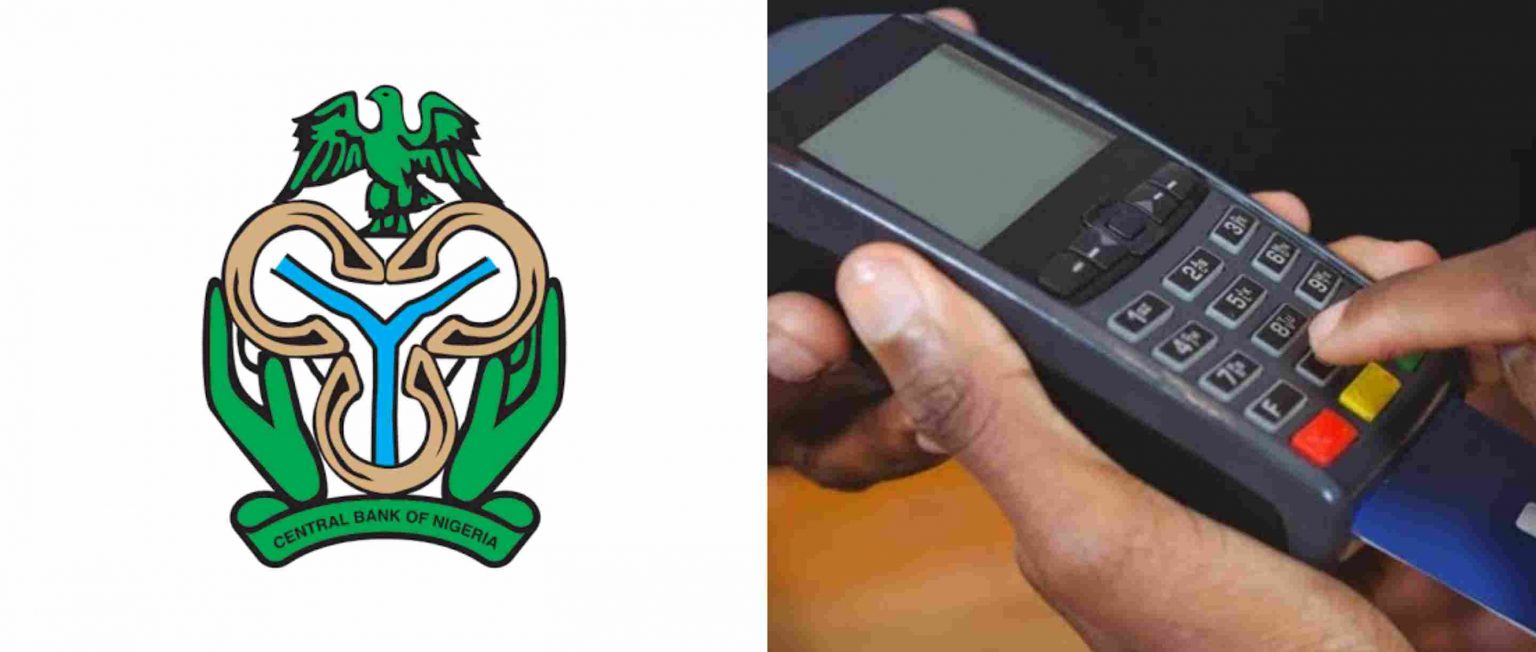
The Central Bank of Nigeria (CBN) has issued a directive to all Payment Service Providers to begin routing all transactions conducted through Point of Sale (PoS) terminals.
It was gathered that, the CBN mandates routing all physical and electronic transactions through licensed Payment Terminal Service Aggregators to boost the monitoring of electronic payments in Nigeria.
The directive, which includes a 30-day compliance deadline, requires service providers to implement improved routing protocols for PoS transactions.
The move is part of CBN’s broader strategy to decentralize PoS transaction management and address concerns about the centralization of these transactions under a single entity.
The circular, signed by Oladimeji Yisa Taiwo on behalf of the CBN’s Payments System Management Department, stated that all PoS transactions must now pass through any CBN-licensed PTSA.
The circular read, “To achieve the objective of tracking electronic transactions in Nigeria, the Central Bank of Nigeria, in August 2011, granted a Payment Terminal Service Aggregator licence to Nigeria Interbank Settlement System Plc. In furtherance of the above, the CBN hereby directs acquirers to route all transactions from PoS terminals at merchant and agent locations, whether on physical or electronic PoS terminals, through any CBN-licensed Payment Terminal Service Aggregator.
“PTSAs are required to send PoS transactions to only processors certified by the relevant Payment Scheme, nominated by the Acquirer, and licensed by the CBN.”
This announcement follows the expiration of a previous 5th September deadline, which required PoS agents to formally register their businesses with the Corporate Affairs Commission (CAC).
Despite challenges in court, the CAC has since taken measures, including shutting down non-compliant PoS businesses.
The increased focus on regulating PoS operations comes amid rising concerns over fraud incidents involving PoS terminals.
According to a report by the Nigeria Inter-Bank Settlement System Plc, PoS terminals were responsible for 26.37% of fraud incidents in 2023.



